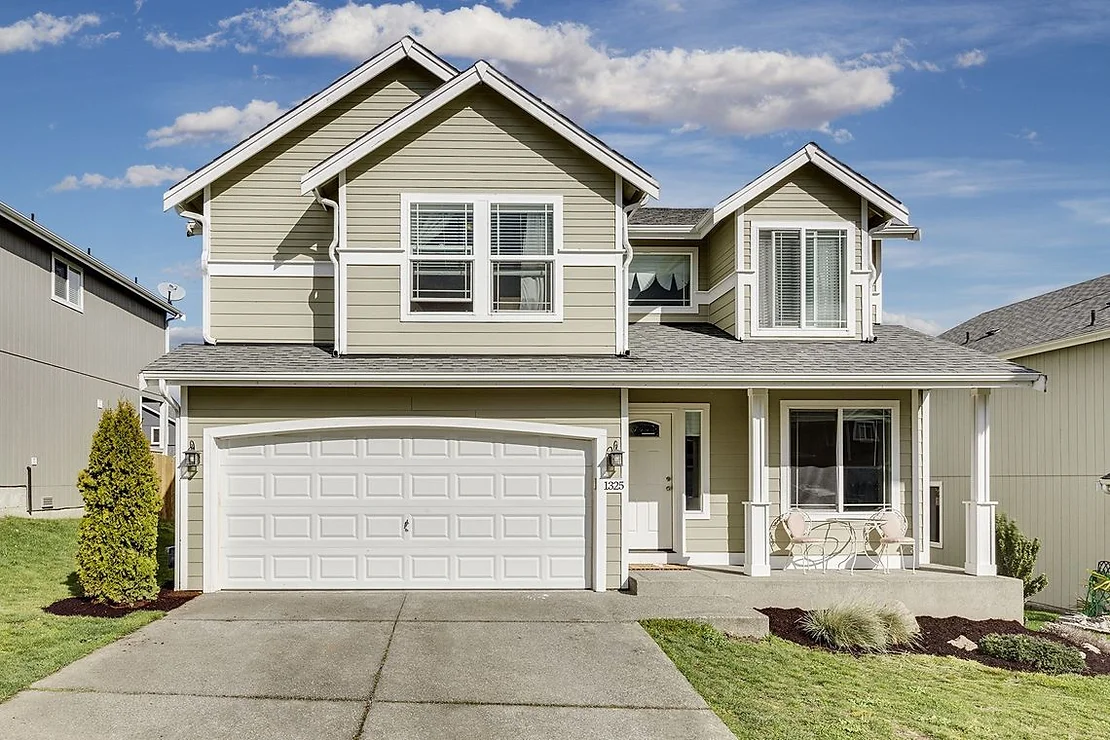
Aside from your landscaping, your driveway is one of the most important parts of your home's exterior in terms of functionality and curb appeal. To ensure that you get the most from your investment, it's crucial to be sure that the driveway materials are of the highest quality possible. Read on to learn more about which materials are best for this part of your home so you can enjoy it for years to come.
GRAVEL DRIVEWAYS
Thanks to its budget-friendly cost and ease of installation, gravel is a popular choice for driveways, walkways, and more. Gravel comes in several sizes and colors, allowing for a custom look that will complement the rest of your home. Many homeowners choose to install a gravel driveway on their own, but it's imperative that a substrate is installed, as well as edging to keep the gravel in place. A gravel driveway is affordable and easy to maintain overall, which is why it's preferred by so many. The downside of gravel is that it can easily wash away during heavy rains. Weeds tend to grow underneath gravel, causing a less than perfect appearance, and potholes can form easily.
DRIVEWAY MATERIALS: CONCRETE
Another popular, affordable option for your driveway is concrete. This material is ultra-durable, and it can be stained in many different colors to help achieve a coordinated look. Not only will a concrete driveway last for many years, but it's also easy to keep up with regular cleanings. In addition to its durability, concrete can be stamped to give it a textured look, adding to your curb appeal. When opting to get a concrete driveway, proper installation is key to prevent damage and cracks. Once it's installed, you'll enjoy a smooth, beautiful surface that will complement the rest of your home's exterior.
ASPHALT
Similar to concrete and gravel, asphalt driveways are a top choice for homeowners. This material tends to do best in colder climates since it can buckle or crack in extreme heat. Asphalt is a good alternative to concrete, however, it must be sealed every few years to protect it and keep it looking new. This can add to the initial costs of installation, which makes it a more expensive choice in the long run. When compared to concrete, asphalt tends to show visible cracks more often and needs to be repaired more frequently, too. It generally lasts between 20 and 30 years, while concrete driveways last approximately 30 to 40 years, on average.
FIND THE RIGHT DRIVEWAY MATERIALS FOR YOU
In terms of longevity and durability, concrete driveways are an excellent choice. This material will last for decades, and it's easy to keep clean so that your home continues to look its best into the future. Weigh the pros and cons of each type of material to help you determine which one is the right investment for you. If you're ready to improve your driveway, or you need repairs, be sure to contact us today to find out how we can help.
